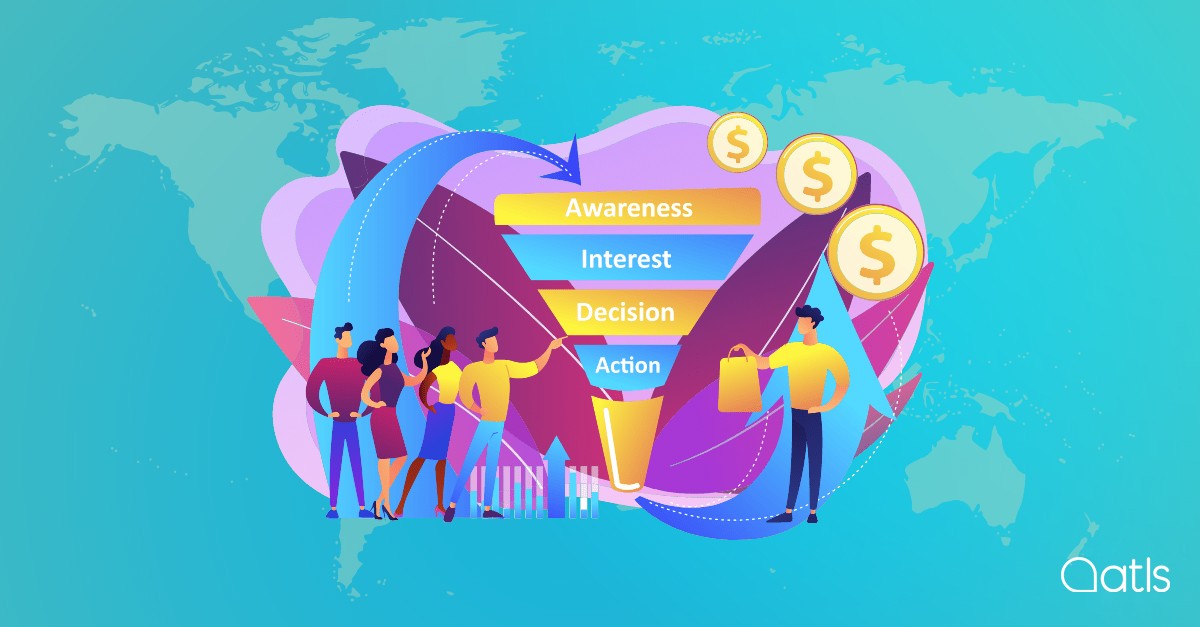Translating web content to boost sales

Can translating website content boost sales? Make no mistake about it. When a business is launched on a global scale, the target countries and their peculiarities need to be very carefully analysed to achieve the best translation of website content and, thereby, increase sales opportunities. These are some of the most important factors for establishing an international marketing strategy:
The importance of translating website content
Although the top language for communicating is English, many users prefer companies to have content in their local language.
A mere 25% of internet users do searches in English, whilst the rest do their searches in a different language. This is something that all websites and online stores should consider carefully, using translation specialists to get the job done well.
Adaptation to target country
As we said in the intro, it's important to analyse the peculiarities of target countries -things like culture, customs, traditions, etc.; so, when we hire a translation company, we should have a clear idea of the characteristics of the country and adapt the web content so that the user feels as comfortable as possible when reading the content.
An example is cultural references, current affairs or sporting events referred to throughout the contents.
Payment, packaging and delivery
If the user is shown confusing payment and delivery options, the entire content editing and localisation efforts made will have been in vain. This is why we need to take great care throughout the conversion and purchase process of a website or online shop.
Consumers want local payment and delivery options that are easy to use, with no hidden charges or taxes added at the end of their order that unexpectedly put up the price. If the marketing and translation team don't handle this type of problem well, users will probably be lost during the payment process.
Country-based SEO practices
Much in the way that web content is tackled locally to improve SEO positioning, this should also be done for the other target countries. Best SEO practices that make sense in one country may hinder SEO positioning in another.
For instance, something that is trending in China (search engines, keywords, etc.) pay not have any relevance whatsoever in Spain. Therefore, the most popular search engines keywords and domain names should be analysed to make sure they make sense in the target country, and this all helps increase SEO positioning and, consequently, web traffic.
Laws and local regulations
When launching a business all over the world, both the client and translation company should have knowledge of the laws and regulations of the target country, since these are not always the same.
The privacy policy which regulates the way in which data is gathered and stored, is a good example. Recently, the new General Data Protection Regulation (GDPR) entered into force, as discussed in previous posts, requiring major changes online and offline to protect the data of users dealing with European businesses.
In short, a global content strategy should be backed up with a professional translation service at all times and not just for one-off occasions. Shall we talk?




